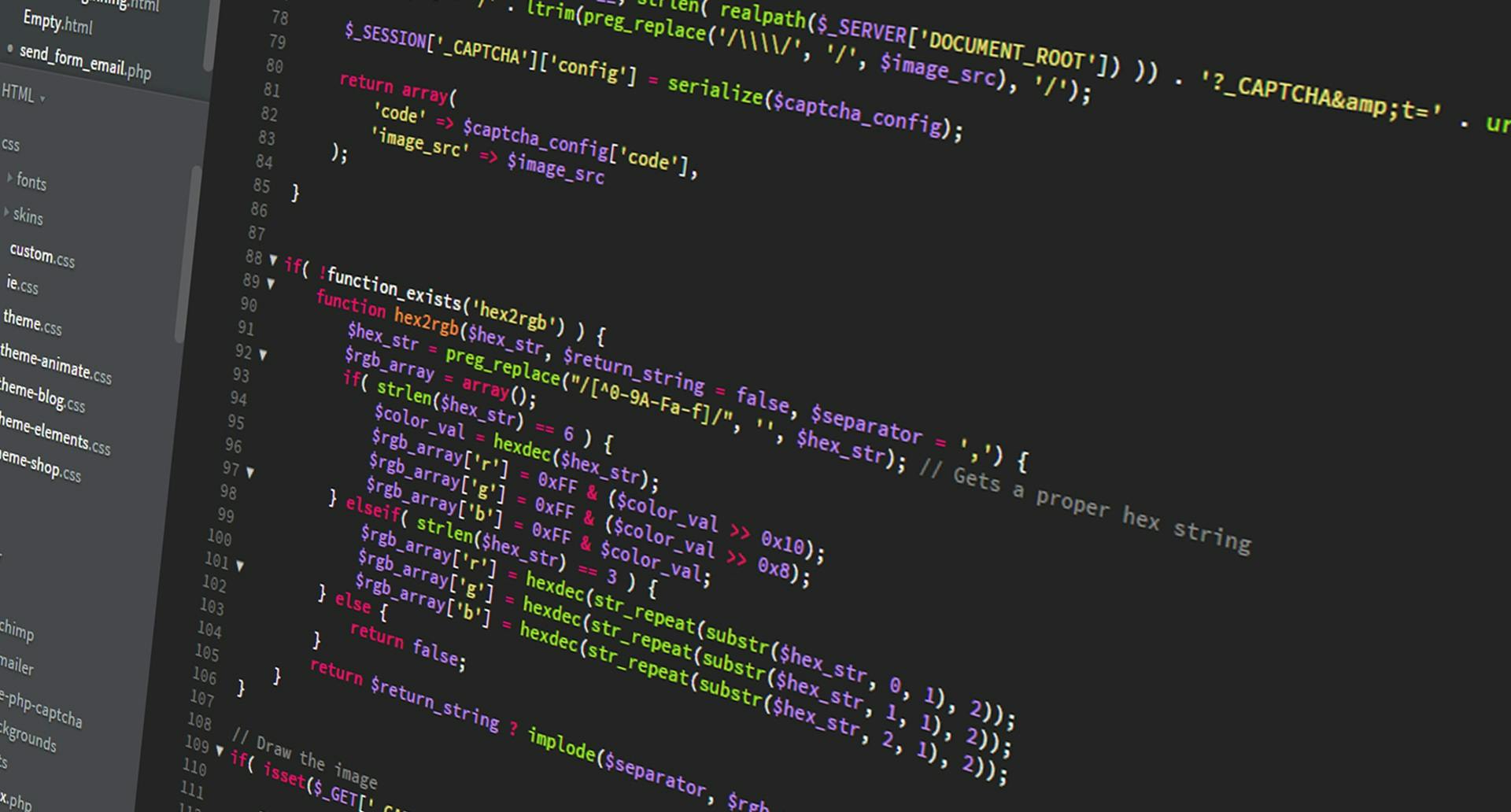Your Full Potential as a Developer From Essential Tools to Advanced Features Stay Ahead of the Curve Maximize Your Potential with coding
Code Editors and Integrated Development Environments (IDEs)

In the fast-paced world of software development, efficiency is key. Developers constantly seek ways to streamline their workflows, reduce repetitive tasks, and focus on what truly matters—writing clean, functional code. The right set of development tools can make a significant difference in productivity and code quality. In this blog, we’ll explore some of the top development tools that can help you boost your coding efficiency.
1. Integrated Development Environments (IDEs)
Integrated Development Environments (IDEs) are the backbone of a developer’s toolkit. An IDE provides a comprehensive environment where you can write, test, and debug your code seamlessly. Here are a few standout options:
- Visual Studio Code: Known for its versatility, Visual Studio Code (VS Code) supports a wide range of programming languages and offers a vast library of extensions. Its intuitive interface, combined with powerful features like IntelliSense, Git integration, and debugging tools, makes it a favorite among developers.
- JetBrains IntelliJ IDEA: For Java developers, IntelliJ IDEA is a go-to IDE. It offers intelligent code completion, powerful refactoring tools, and a deep understanding of the languages it supports, making it an excellent choice for both beginners and experienced developers.
- PyCharm: Also from JetBrains, PyCharm is a specialized IDE for Python development. It includes robust features such as code analysis, a built-in terminal, and integrated tools for testing and debugging, helping you write cleaner, more efficient Python code.
2. Version Control Systems (VCS)
Version control is essential for tracking changes, collaborating with teams, and managing codebases. The most popular VCS is Git, and using it effectively can greatly enhance your development process.
- Git: Git allows you to manage your code’s history, revert to previous states, and collaborate with others. Tools like GitHub and GitLab offer cloud-based repositories, making it easier to manage projects, collaborate with teams, and integrate CI/CD pipelines.
- GitKraken: For developers who prefer a graphical user interface (GUI), GitKraken provides a user-friendly way to manage Git repositories. Its visual interface simplifies complex Git commands, making it easier to handle merges, rebase operations, and branch management.
3. Code Linters and Formatters
Maintaining code quality is crucial for long-term project success. Linters and formatters automatically check your code for errors and enforce consistent styling, helping you avoid common pitfalls and keep your codebase clean.
- ESLint: For JavaScript developers, ESLint is an invaluable tool. It helps identify potential issues in your code and enforce coding standards, ensuring that your JavaScript (and TypeScript) code is consistent and error-free.
- Prettier: Prettier is a popular code formatter that supports multiple languages, including JavaScript, TypeScript, HTML, CSS, and more. It automatically formats your code according to specified rules, reducing the time spent on manual formatting and code reviews.
- Pylint: For Python projects, Pylint checks your code against PEP 8 standards, catching errors and enforcing best practices. Its detailed reports help you understand where your code can be improved, making it easier to maintain high-quality Python code.
4. Task Automation Tools
Repetitive tasks can eat up valuable development time. Task automation tools can help you automate these processes, allowing you to focus on more critical aspects of development.
- Gulp: Gulp is a task runner that automates common tasks in your development workflow, such as minification, compilation, and testing. Its simplicity and speed make it a popular choice for front-end developers looking to streamline their build processes.
- Webpack: As a module bundler, Webpack takes your code and its dependencies, then compiles them into a single bundle or smaller chunks. This process is essential for optimizing web applications and improving load times, making Webpack a critical tool for modern web development.
- Jenkins: Jenkins is an open-source automation server that enables Continuous Integration and Continuous Deployment (CI/CD). It automates the process of building, testing, and deploying code, allowing developers to detect and resolve issues early in the development cycle.
5. Collaboration and Communication Tools
Effective collaboration and communication are vital, especially in remote or distributed teams. The right tools can make a significant difference in how efficiently teams work together.
- Slack: Slack is a popular communication tool that offers channels, direct messaging, and integrations with other development tools. It’s an excellent platform for keeping everyone on the same page, whether you’re discussing code, troubleshooting issues, or planning new features.
- Trello: Trello is a project management tool that uses boards, lists, and cards to organize tasks and projects. It’s particularly useful for tracking progress, assigning tasks, and ensuring that everyone is aligned on project goals and deadlines.
- Jira: Jira, developed by Atlassian, is a robust project management tool designed for agile teams. It helps teams plan, track, and release software, with features like sprint planning, issue tracking, and real-time reporting, making it easier to manage complex development projects.
Conclusion
Investing time in learning and integrating the right development tools into your workflow can have a profound impact on your coding efficiency. From powerful IDEs and version control systems to automation tools and collaboration platforms, the tools discussed in this blog are essential for any developer aiming to boost productivity and deliver high-quality code. As the development landscape continues to evolve, staying updated with the latest tools and techniques will keep you ahead of the curve and help you build better, more efficient software.
Let me know if you’d like to dive deeper into any of these tools or need further assistance!
Share this content:









Post Comment